AudioCulture
The noisy library of New Zealand music
Te pātaka korihi o ngā puoro o Aotearoa
DJ Presha
aka Geoff Wright
From his base of operations in Berlin, Wright runs the Samurai Music Group, which includes his sub-labels Red Seal and Horo, and regular club nights around Europe and the UK.
Since 1995, he's been an active part of the local and international drum and bass scenes. In that time, Wright has turned his hand to virtually every aspect of the music industry. Event promotion, record distribution, record label ownership, radio and internet broadcasting, journalism, publicity, and music production.
Wright has helped to inspire a generation of New Zealand drum and bass talent including The Upbeats, State of Mind, and Tokyo Prose, who've all made their mark worldwide as entertainers.
Along the way, he's contributed to bringing a who's who of international level DJ talent through New Zealand, and toured the world himself as a DJ. In the process, Wright has helped to inspire a generation of New Zealand drum and bass talent including The Upbeats, State of Mind, and Tokyo Prose, who've all made their mark worldwide as entertainers.
Born in the 60s, Geoff Wright grew up in a family obsessed with music. As he puts it, "It was a means of escape, as we lived in a small town in the middle of nowhere really." It was the days of tapes and vinyl records, and the music of Led Zeppelin, Black Sabbath, Parliament and Split Enz played loudly around the house, as did a lot of early blues and disco.
While his older brother played drums, Geoff stuck to listening, instead spending his free time skateboarding. By his mid-teens, he was entering competitions, and at age 20, he briefly visited America on a skateboard tour. "I was sponsored by an American skateboard company named Zorlac, I had a great time until a series of injuries forced me to come home."
After leaving high school, Geoff worked for an insurance company alongside a young Philip Bell (nowadays known better as DJ Sirvere). After a few months, Geoff was offered a job at Sounds, the local record store they both used to browse on their lunch breaks. He eventually helped get Phil a job there, and that was it for both of them.
"We were like pigs in shit in this record store," Geoff laughs. "It was a magical time. In the end, I ended up going to manage the Newmarket store in the chain, and he went out to the Manukau store."
Through working at the record store, Geoff befriended a group of Auckland musicians and became the lead singer of their speed metal band AnigmA. At the height of AnigmA's success, they played support for Metallica, before Geoff left the band in 1990. Auckland was also where Geoff got his first proper exposure to DJ culture while flatting with a popular local disc jockey by the name of Roger Perry. "He had turntables and a mixer, I couldn't quite get my head around them at the time but I always wanted to use them," he admits.
When AnigmA broke up, Geoff moved overseas. He spent several years living and working as a record store clerk and rock DJ in London and Los Angeles. During his time in London, Geoff started going to funny underground raves on his nights off. "I didn’t have any idea what was going on, I just knew these parties were open twenty-four hours and people were getting wasted all the time. We'd turn up in our rocker clothes and go and listen to this crazy new music."
In Los Angeles, he spent six months living in Hollywood and DJing at MTV host Riki Rachtman's infamous Cathouse heavy metal venue. "Riki lived in New Zealand in the early eighties and had his own skateboard company called Zap! He used to sponsor me and Peter Boronski as the main team riders. When I saw him in LA, I was like, dude can I DJ at the Cathouse? It was pretty amazing, people that know what the Cathouse was, know what that means."
At the end of his time in Los Angeles, Geoff came back to New Zealand. He moved to Christchurch and got a job at the legendary, now-defunct Echo Records on High Street. On weekends, Geoff would DJ hip-hop, house, funk, and acid jazz records at bars around town. After befriending restaurateur Richard Till, he started promoting at his Espresso 124 Cafe. "He built a DJ booth, and we had DJs like Roger Perry and Manuel Bundy down from Auckland," says Geoff. "That was the beginning of my promotional career really."
Around the same time, Geoff began paying attention to the UK jungle/drum and bass records some of the regular customers at Echo Records were ordering in. "I heard 'Terminator' by Rufige Kru [and] that was it. I started buying jungle/drum and bass records and then the music started taking off." Captivated by the breakbeats and basslines of the genre, he included the music in the mammoth eight hour DJ sets he'd play on the weekends.
"After a while I made a mixtape and sent it up to Roger Perry in Auckland," he recalls. "Roger was my hero and he was in the midst of helping create a venue called Calibre. Roger rang me up and asked if I wanted to move to Auckland and work for them as a resident DJ." Geoff accepted. "I was playing house and techno for them on Fridays and Saturdays. Then I was like, 'Hey, what are you guys doing for your weeknights? Do you want to try something else?"
That something else was jungle/drum and bass, and a midweek nightclub called The Breaks. Geoff and his fellow resident DJs Aaron, Riddle, and 48Sonic quickly turned The Breaks into one of the most talked about club nights in Auckland.
In the mid-1990s, Geoff became part of an established drum and bass promotion company called Subtronix.
In the mid-1990s, Geoff became part of an established drum and bass promotion company called Subtronix with co-founder Dave "D-Rave" Roper. In tandem with this move, the pair established a record distribution company called Subtronix Distribution. "It was basically just all the labels that I liked and I knew people liked. The first labels I dealt with directly were No-U-Turn and Full Cycle. I would import their records and sell them from my living room."
Not long afterwards, he started one of the first international online drum and bass radio shows and compiled an early mix CD for Polydor Records, both titled The Breaks (like the club night). During the 13-year run Geoff spent working with Subtronix, he helped them tour virtually every major international drum and bass DJ through New Zealand.
In 1999 and 2000 Geoff went to Miami to DJ at the Winter Music Conference. He also started visiting London on an annual basis to DJ for club nights Metalheadz and DSCI4. While he was there, he would network with producers and cut exclusive dub plates of their unreleased tunes at the Music House acetate cutting studio. When he thinks back to this era, Geoff is quick to praise Metalheadz resident DJs Kemistry (RIP) and Storm.
"I was also working as a journalist for Pavement magazine at the time. I did an interview with Goldie, then a week later, I interviewed them. It was like meeting these old friends I'd known my whole life. We had this weird connection. They put me on the Metalheadz promo mailing list, and we'd have these long three-hour phone conversations, just talking shit." He's also quick to mention the support and encouragement of Doc Scott, DJ Lee, Marcus Intalex, Ed Rush and Trace. "Oh god, who else? I'm going to leave someone out."
In 2001, Geoff used his overseas connections to establish Subtronix Recordings. He wanted to help emerging New Zealand drum and bass producer Bulletproof to release music overseas. "I got my first taste of running a record label, which is kind of what I wanted to do at the time. Being involved in making vinyl was really exciting. I was like a little kid."
In 2004 he parted ways with Subtronix Promotions. As he told ATM magazine in 2009, "I had a really bad drinking problem, and it was affecting my life as a whole. So I decided to make a really concerted effort to quit and went through rehab. I found some strength in myself that I didn't really think I had. Alcoholism had weakened everything in me, and blurred my vision, my sense of self, and [my] self-confidence. As I started to gain that back, I realised there was a little warrior inside of me that I thought had disappeared, and it just all came back together as a vision."
That vision was Samurai Music, the then New Zealand-based but globally focused drum and bass record label he established before moving to Wellington in 2006. While he was in between projects, Geoff kept running Subtronix Distribution under the new name Samurai Distribution and hosted a weekly drum and bass radio show on 95bFM in Auckland. He also began managing a then young New Zealand drum and bass producer/DJ duo called State of Mind. Geoff brokered their first record deal with Total Science's C.I.A record label and gave them a helping leg up on the international scene. "They came up to my radio show and gave me a CD with twenty really good demos on it," says Geoff. "For me, State of Mind and The Upbeats were the real turning point for New Zealand drum and bass. It was a magical time meeting those guys."
In Wellington, Geoff began rolling out Samurai Music in earnest. As a label, the house philosophy was guided by his interpretation of the way of the Japanese Samurai. With his relationships overseas still in place, the label kicked off with a series of immaculately presented 10" records and coloured vinyl releases. Samurai Music quickly developed a cult following. Aside from visual aesthetics, this was accomplished by releasing tunes from a mixture of local and international producers including State of Mind, TREi, Klute, Dose, and The Upbeats.
In 2008, he opened a record store called Samurai Music in Wellington and established a sub-label called Samurai Red Seal the following year. "I was releasing these deeper darker tunes. My distributor at the time, ST Holdings, told me I needed to create another imprint for that stuff." Under Red Seal, he began releasing tunes from Calibre and Tokyo Prose. While he was living in the capital, he also toured international drum and bass DJs through New Zealand.
In 2010, Geoff headed over to Europe and the UK to DJ at some club nights and festivals. It was a defining trip. "My distribution company was crumbling, and I didn't really have anything left for me in New Zealand," he admits. "After I played at Sun and Bass in September that year, that was it. I'd realised I had to either look for a serious position in the New Zealand music industry or change my profession and get the fuck out. I spent a week at Sun and Bass and met all these drum and bass people I'd been speaking to for years. I felt really at home. Everyone was like, 'Whoa man, you shouldn't live so far away. Why don't you just move to Europe?' I thought that was a really fucking good idea. I'd thought about it before, but I didn't think it was possible. That trip made me believe. In February 2011 I moved to Berlin."
In Berlin, Geoff worked as a booking agent for ESP Agency for 18 months before shifting into an assistant role. He'd been touring ESP Agency's artists through New Zealand for a few years and had developed a good friendship with the organisation.
"Mark and Alicia from ESP really got behind me," he admits. "I'm eternally indebted to them, Calibre, Klute and Marcus Intalex, they were all really helpful and supportive when I came over."
He hadn't ever really considered it, but suddenly all the years he'd spent helping bring DJs from Europe and the UK through New Zealand started to deliver unexpected karmic dividends.
"A lot of the stuff you do as a promoter you do really selflessly because it's your job. These people remembered it though, and when I moved over I felt like the rewards for all that extra effort was coming back to me."
Once he was on the ground, Geoff started meeting people rapidly. Through exposure to the local musical culture, he found his tastes getting deeper and more progressive.
Outside of working for ESP, he continued to run Samurai Music and its sub-labels, now with distribution through Unearthed (and his own online shopify store). He also toured as a DJ around Europe and the UK, and promoted Samurai Music club nights. Sensing a change in sound, Geoff established another imprint called Samurai Horo, for vinyl only releases of experimental 170 bpm music from producers FIS, ASC, Indigo and Ena. Since then, he's been progressively ramping up the increasingly ornate packaging of his releases and expanding the sonic palette associated with Samurai Music. Having now been based in Berlin for close to four years, he feels closer to realising his goals within the international drum and bass scene than ever before.
"There have been loads of gigs I've played where I've had to pinch or shake myself over how amazing it is," he enthuses. "Other moments have been when I've realised I'm about to release an amazing record by some producer who is a hero of mine. I never thought that some of these people would become mates I'd talk to on a daily basis. We're very like-minded people, and I feel like I've finally found the place I'm meant to be. I'm not saying I'm more important than anyone, but I'm recognised as part of the fabric of drum and bass now. That's the biggest validation you can get; when you meet people you respect, and they already know who you are and what you do."
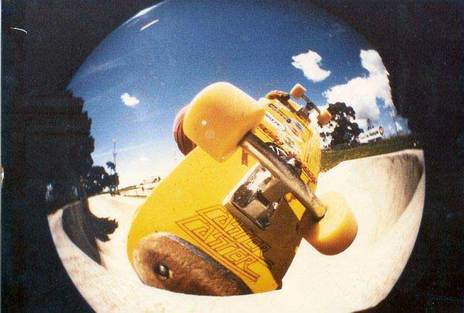
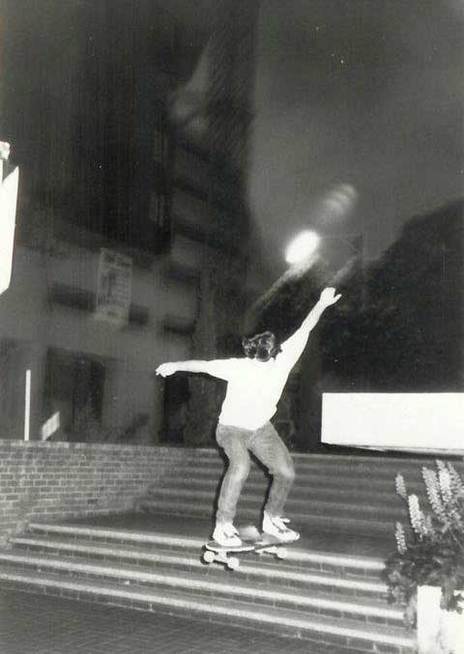
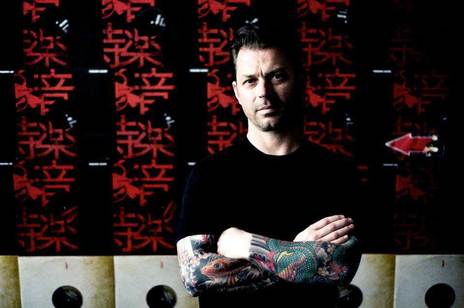
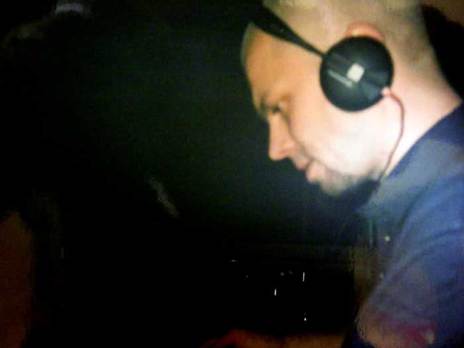
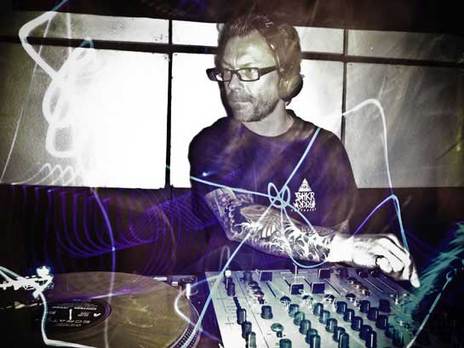
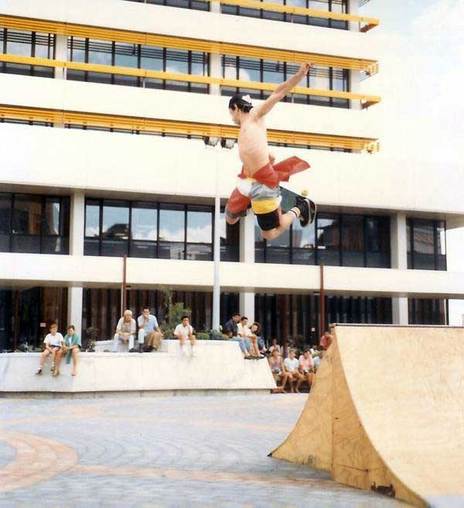
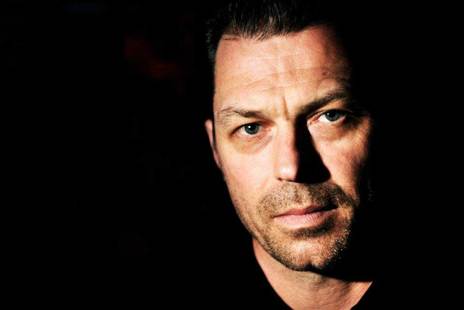
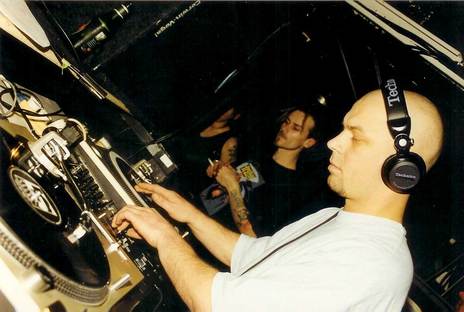
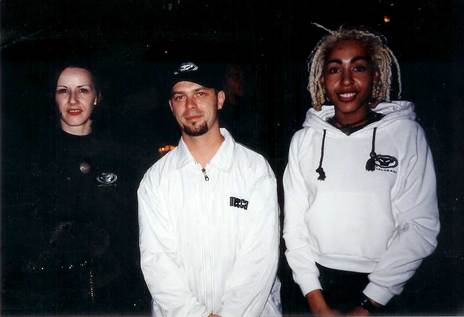
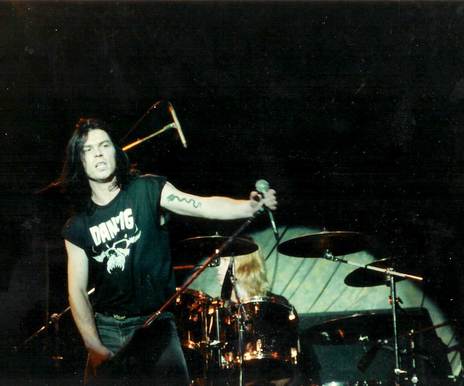
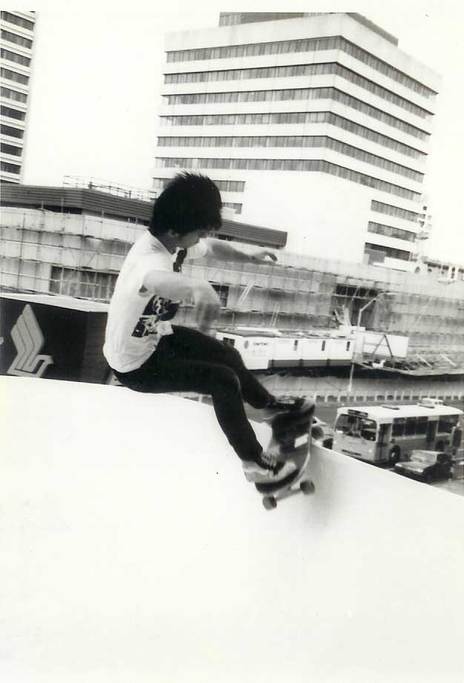
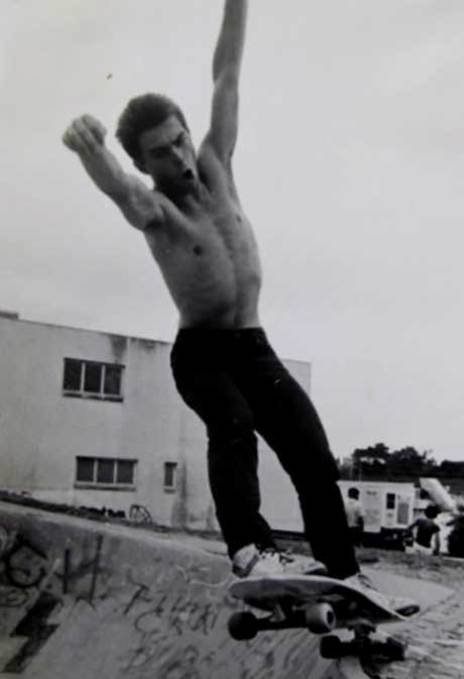
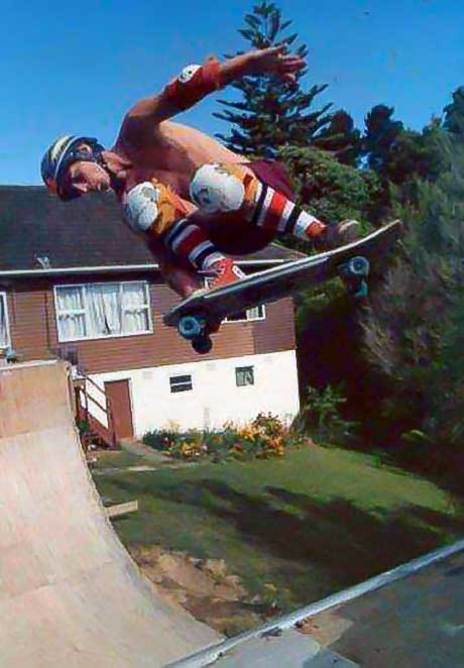
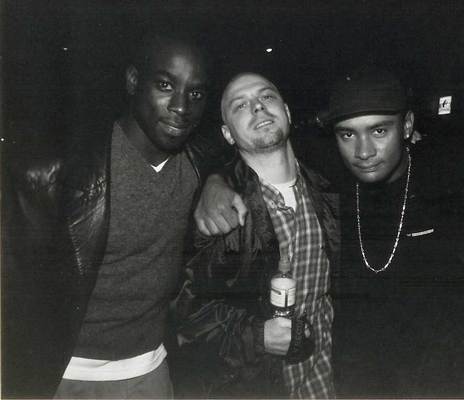
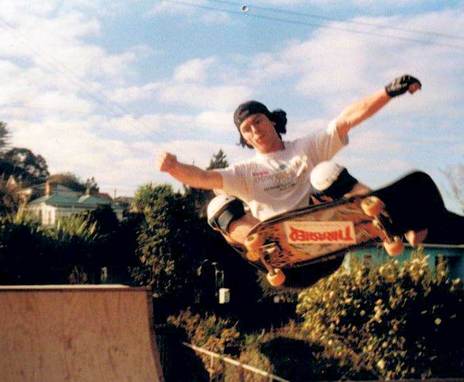
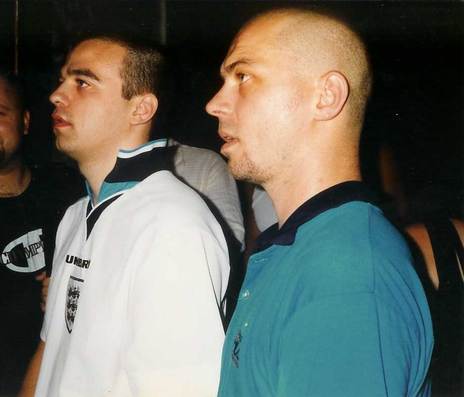
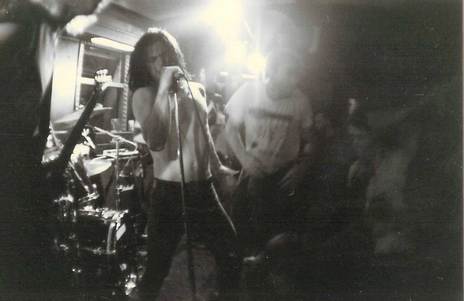
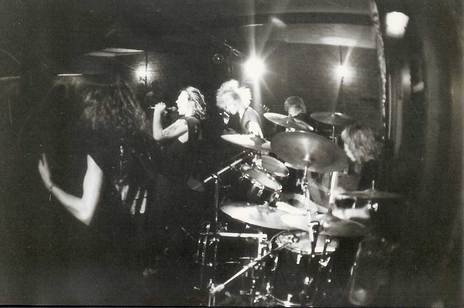
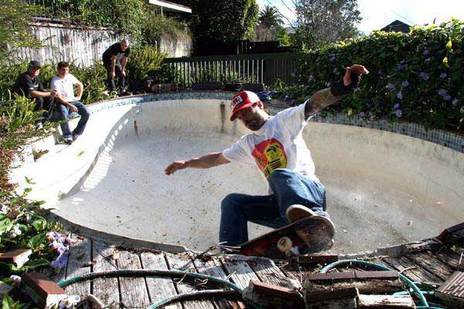
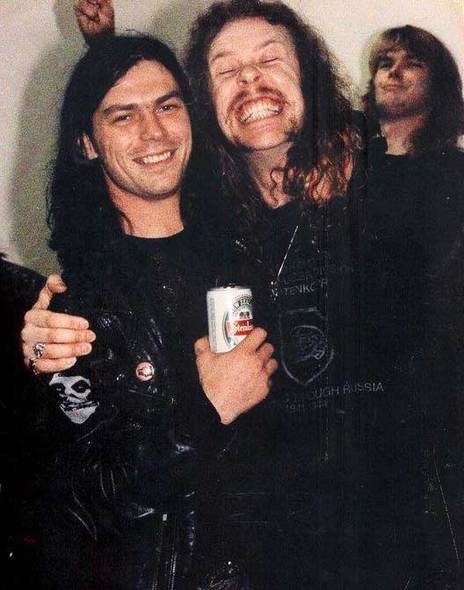
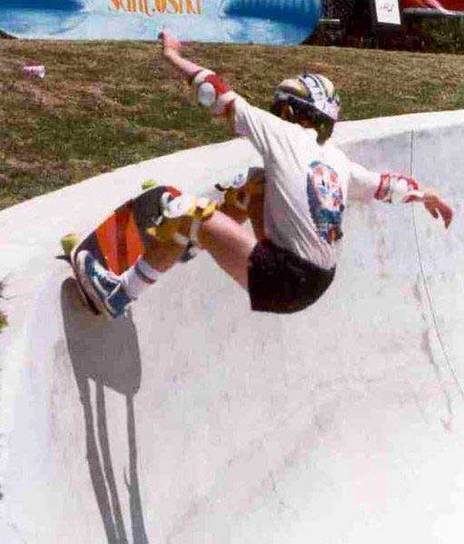
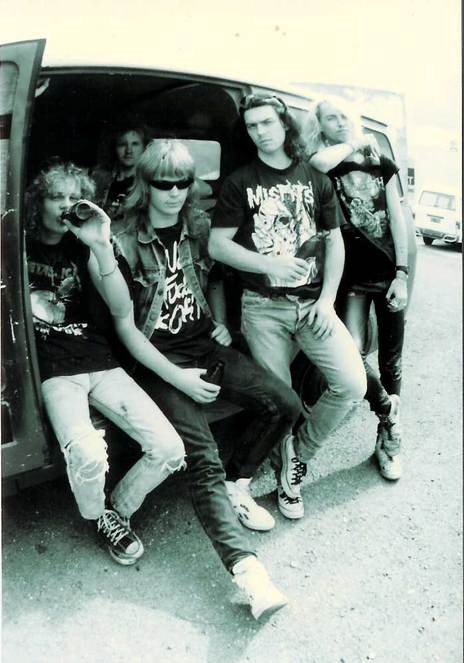
Polydor
Subtronix Recordings
Samurai Music
Samurai Red Seal
Samurai Horo
Visit our sister site
NZ On ScreenMade with funding from
NZ On Air